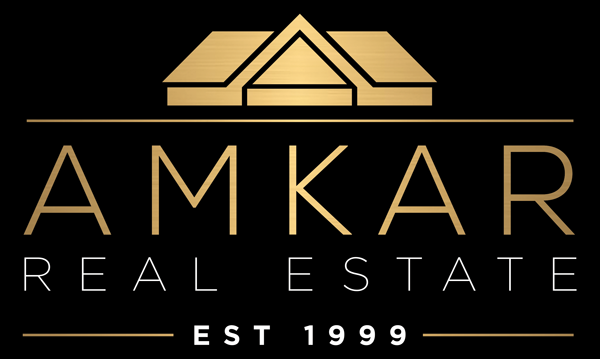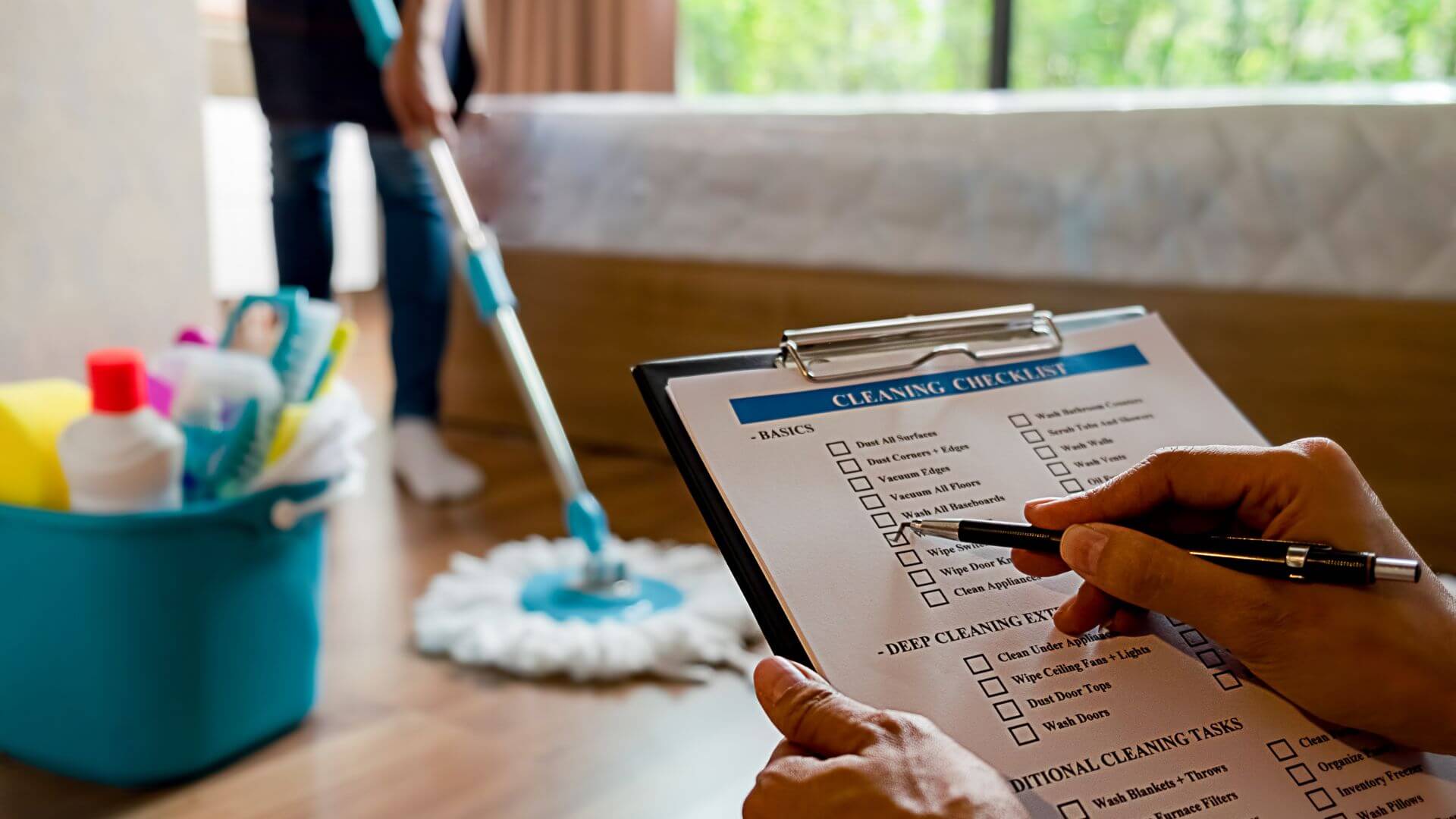End of lease cleaning is crucial for tenants to get their full bond back. Making sure your rental is clean can prevent any issues with your landlord over the condition of the property when moving out. This guide will help you focus on what areas to clean thoroughly to ensure you leave your place in great condition and secure your bond. Remember, doing a great cleaning job not only helps you get your bond back but also keeps your rental history positive for future rentals.
Understanding your end of lease responsibilities
South Australian tenancy laws are quite clear about end-of-lease cleaning. According to the Residential Tenancies Act 1995 (SA), you’re expected to leave the property reasonably clean, similar to the state it was in when you moved in, minus normal wear and tear. You’re not required to hire professional cleaners unless you agree to it in the lease. However, it’s essential to clean thoroughly to avoid disputes over the bond. Tasks like dusting, vacuuming, mopping, and general tidying are typically expected. Documenting the property’s condition upon exit can also help safeguard your bond refund.
Deep-cleaning checklist
Kitchen: Start with the oven, using a degreaser for the interior, racks, and trays. Wipe down the stovetop and range hood, clean the insides and outsides of cabinets, and scrub the sink and faucet to remove lime and grime. Disinfect countertops, handle appliances carefully, and mop the floors for a complete kitchen refresh.
Bathroom: Thoroughly clean the toilet, including the bowl, seat, and base. Scrub the shower or bathtub, focusing on tile walls and fixtures to remove soap scum. Clean the vanity, sink, faucet, mirrors, and cabinets. Disinfect all surfaces and give the floor a detailed cleaning.
Living Areas & Bedrooms: Dust ceiling fans, light fixtures, and blinds. Wipe down window frames and walls for scuff marks (check your tenancy agreement for specifics). Vacuum carpets and rugs; consider professional cleaning for heavily soiled areas. Mop hard floors and disinfect doorknobs and light switches.
Additional Areas: In the laundry, ensure the sink and any provided appliances are cleaned inside and outside. For balconies or patios, sweep floors and wipe down railings. In garages, sweep floors and clear out cobwebs to ensure a neat and tidy space. Dust the top of air-conditioning units and clean the filters (or vents) as relevant.
General cleaning tips
Opt for eco-friendly cleaning products to reduce environmental impact and improve indoor air quality. Ensure adequate ventilation during the cleaning process to dispel fumes and aid in drying, promoting a healthier living environment as you prepare the property for inspection.
Professional end of lease cleaning
Hiring a professional cleaning service can significantly ease the stress of moving by saving time and ensuring the property meets the landlord’s standards for a full bond refund. These services specialise in thorough cleans that cover every nook and cranny, often guaranteeing satisfaction in bond recovery. When choosing a cleaner, look for companies with positive reviews, transparent pricing, and a bond-back guarantee. It’s also wise to confirm they use industry-grade equipment and environmentally friendly products, aligning with best practices for rental exits.
Diligent end-of-lease cleaning is crucial for securing your full bond return and meeting tenancy obligations. A thorough clean not only smooths the transition for incoming tenants but also bolsters your rental history, reflecting your commitment to maintaining property care and responsibility. Need more help with understanding your responsibilities? Reach out to our friendly team here.
Remember, this article is general in nature and is not financial or legal advice. Please consult your professional financial and legal advisors before making any decisions for yourself.

